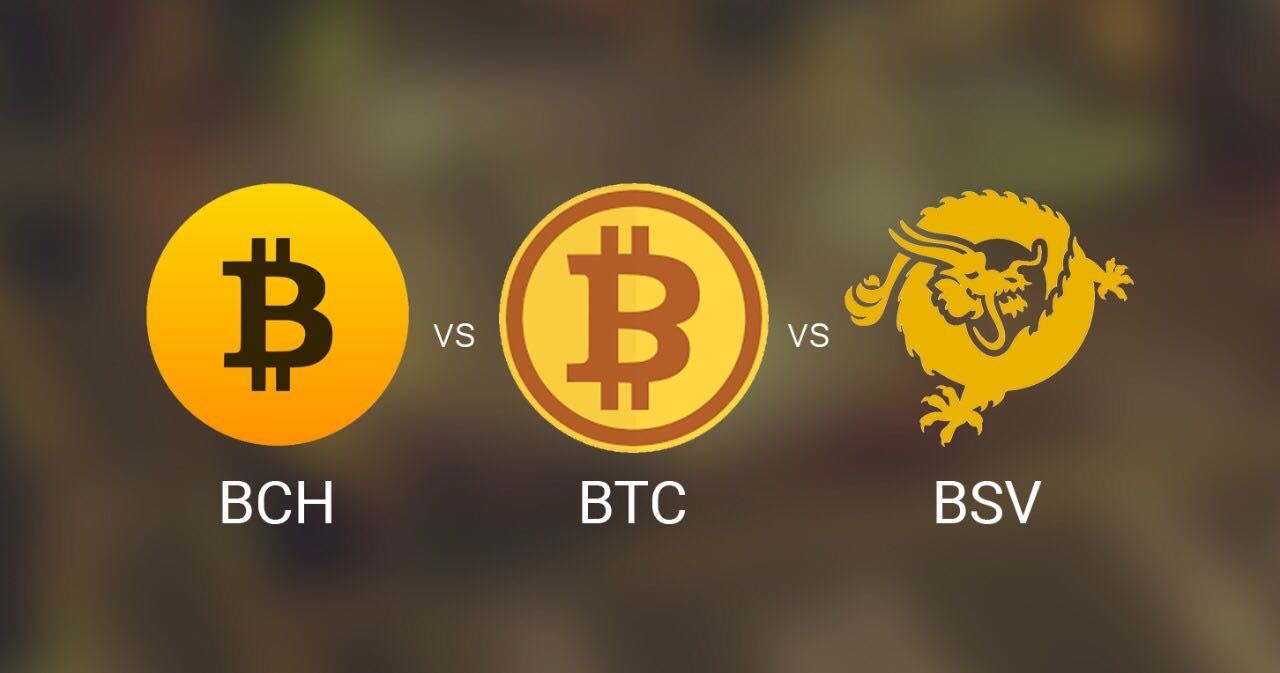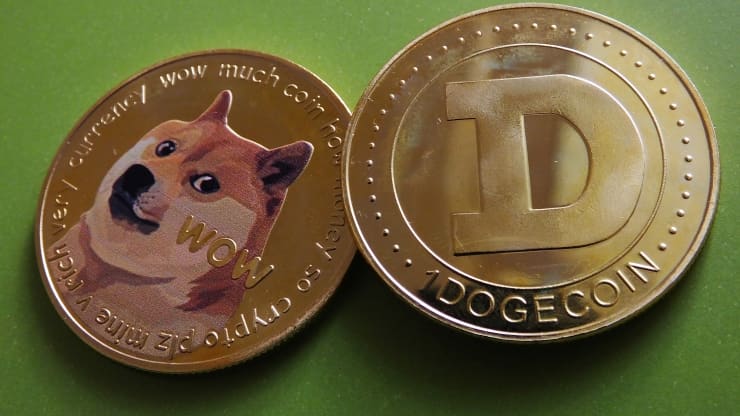We wanted to answer the question: how do we compare BCH vs. BTC vs. BSV? We go into these 3 similar (but very different) coins in this article.
Built on top of the revolutionary technology, Blockchain, cryptocurrencies have disrupted the fintech world. Introducing concepts such as Central Bank Digital Currency, Token Economy, and Stable coins, cryptocurrencies are shifting the paradigm of the financial structure of the world.
As of August 2020, CoinMarketCap has reported that there are more than 6000 cryptocurrencies available in the market. But no matter how big the world of cryptocurrencies become, it is always going to be centred around Bitcoin, the first cryptocurrency.
New altcoins are rapidly emerging in the market but Bitcoin still remains as the biggest and badest of all cryptocurrencies. This is mainly due to the fact that for most of the crypto enthusiasts, Bitcoin is the point of contact. The massive popularity of Bitcoin has created a trend where people first encounter Bitcoin and then enter the world of Blockchain or cryptocurrencies in order to get a deeper insight into Bitcoin.
It comes as no surprise that popularity attracts criticism. Being at the forefront of the crypto world, Bitcoin has always been under a microscopic view and has always been criticized for its inability to match the requirements in terms of transactional speed and scalability. Where there is criticism, everyone pitches in to fill the gap. New altcoins, aiming to bridge this gap, have come up with exceptional mechanisms but they are unable to surpass the popularity of Bitcoin.
But, Bitcoin is not the only Bitcoin anymore!
In an attempt to overcome the shortcomings of Bitcoin while still enjoying its strengthened popularity, spinoffs to Bitcoin have become the talk of the crypto town.
In particular, Bitcoin Cash (BCH) and Bitcoin Satoshi Vision (BSV) are two of the most popular spinoffs to Bitcoin. With their advent, the confusion in the market has aggravated. Now, a person who encounters Bitcoin gets caught up in trying to differentiate BTC, BCH, and BSV. This is not just for someone who recently found out about Bitcoin but even the crypto enthusiasts are facing this dilemma. It has been over a decade since the inception of Bitcoin and people are still unable to wrap their head around its concept.
A Bitcoin Comparison
Hopefully, a detailed Bitcoin comparison mentioned below is all you need to understand the difference between BTC, BCH, and BSV. But before we get into comparing the three, we need to establish the fact that each of the aforementioned cryptocurrencies comes with its own unique characteristics, different market capitalization, and different strengths and weaknesses. So let’s move ahead with our Bitcoin comparison, going over each of them individually.
1. Bitcoin(BTC)

As the first cryptocurrency of the world and also the first-ever implementation of the Blockchain technology, Bitcoin is a peer-to-peer distributed network where anyone can join and leave at will. It uses a Proof-of-Work consensus mechanism where some nodes, called miners, are rewarded for solving a highly complex mathematical problem that validates the addition of a new block to the Blockchain.
Being the first, Bitcoin opened the doors to innovation and optimization but ended up being criticized for its own shortcomings. The most crucial downside to Bitcoin is scalability. Because of the limitation of Block size, Bitcoin is capable of handling only 7 transactions per second. In a world where giants like Visa are capable of processing 65,000 transactions in the same time period, Bitcoin’s advantages were outweighed by this fact.
Moreover, the total Bitcoin supply can not exceed 21 million which means that at a certain time in the future, the supply will be tapped out and there will be no more rewards for Bitcoin mining.
Evidently, there have been different proposals to modify the existing Bitcoin network and meet the demands of the market. This difference in opinion is what led to the inception of hard forks, a different branch of Bitcoin with different modifications.
2. Bitcoin Cash(BCH)

As a hard fork to Bitcoin, Bitcoin Cash was created on August 1, 2017. The scaling of Bitcoin raised a lot of concerns and gave rise to many different approaches regarding how to address this drawback. One major approach was to increase the block size of the Blockchain so that it can accommodate a larger number of transactions.
Therefore, a majority of the Bitcoin community was inclined towards implementing the SegWit update which had the potential to overcome the fundamental drawback of Bitcoin. Hence, a separate branch was created which is known as Bitcoin Cash(BCH).
From a technical aspect, BCH is quite similar to BTC as they share the same consensus algorithm(PoW) and the same hashing algorithm(SHA256). Even the popular concept of Bitcoin halving is also shared among the two. The only major difference lies in the block size, allowing more scalability for Bitcoin Cash. It has a block size of 8MB which 8 times bigger than that of Bitcoin’s. Faster payments do make BCH a popular choice but its market cap still remains 97.5 per cent lower than Bitcoin’s.
3. Bitcoin Satoshi Vision(BSV)

Bitcoin Satoshi Vision is a hard fork to the hard fork Bitcoin Cash. Created on November 15, 2018, Bitcoin SV is just a repetition of history. Where Bitcoin Cash was created to have a bigger block size, Bitcoin SV has been created to achieve more scalability by increasing the size of the block even further.
Offering a block size of 128 MB, Bitcoin SV derives most of its technical specifications from Bitcoin and Bitcoin Cash. In terms of market capitalization, BSV has 51 times lower capitalization than Bitcoin.
Conclusion
One thing you can observe from the Bitcoin comparison is that there is not much difference between the three apart from their block size and their names. The Bitcoin spinoffs have been conceived for the sole purpose of withstanding the concerns regarding scalability.
Despite these issues, Bitcoin still holds the title of being the biggest cryptocurrency. Even though BCH and BSV offer some advantages, their market capitalization and trading volumes indicate that they still have a long way to go before they can challenge the supremacy of Bitcoin.











